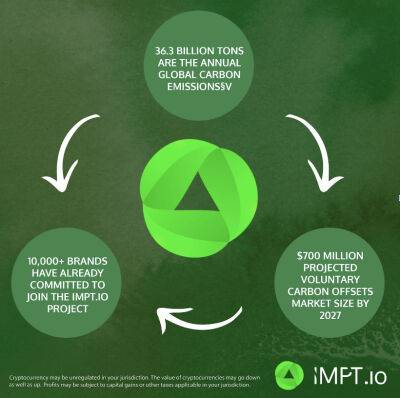Crypto coin that surged 3,100% in India cracks amid wider mkt meltdown
Sanjay Kamble hit the jackpot when an obscure token he’d invested in surged about 3,100% in eight months. He ditched his dead-end marketing business this year and became a full-time crypto evangelist.
These days, the 51-year-old drives around in his new Toyota sedan — one he couldn’t afford a year ago — on the dusty streets of his home town in rural India, showing off his success from investing in BlockAura tokens. He exhorts farmers, teachers, housewives, friends, relatives and neighbors to join him, promising that their investment would grow threefold in 300 days.
“I don’t need a day job,” Kamble said on the phone from Sangli, about 230 miles southeast of Mumbai. “BlockAura is the next Bitcoin.”
Kamble is among thousands of investors in India betting crypto is the quickest way to get rich, lured by a raft of startups promising yields as high as 25% a month in so-called staking rewards in a market with lax regulations. These are payoffs for investing in largely illiquid tokens and referral bonuses for adding more people into what are typically multilevel marketing networks. The mouthwatering returns are too good to ignore in a country where the annual per capita income is among the lowest in the world. Critics such as Pranjal Daniel at Strategy India warn some of these networks often turn out to be pyramid schemes.
The digital asset Kamble is touting is already showing signs of trouble, reflecting the wider meltdown in the crypto universe this year. The recent collapse of Sam Bankman-Fried’s sprawling FTX empire and the turmoil it sparked is spreading to other companies as well. Crypto lender BlockFi Inc. filed for bankruptcy this week, while brokerage Genesis is seeking to avoid a similar fate. But industry defenders
Read more on business-standard.com

















